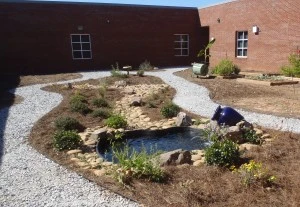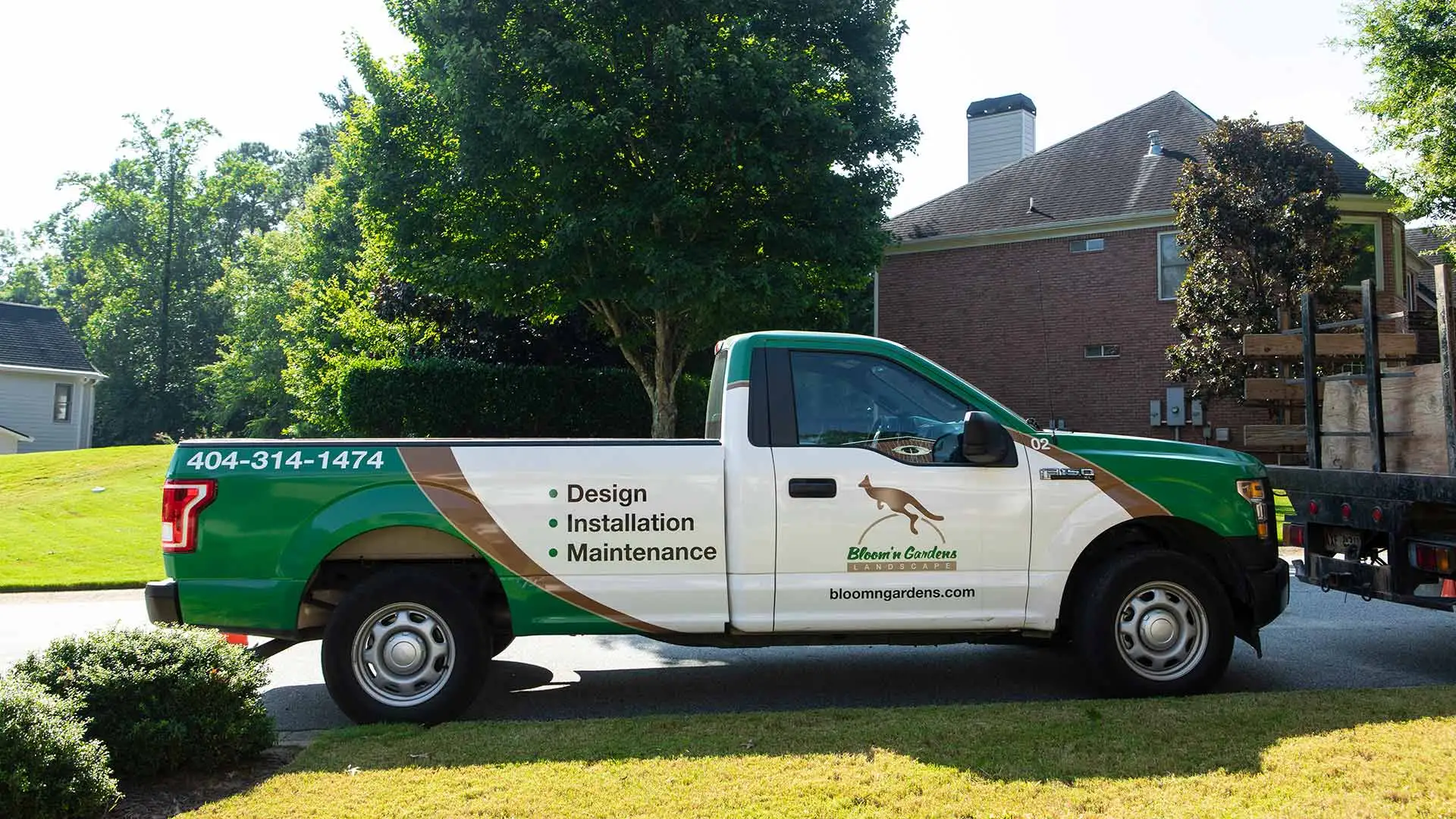 Mulch solves myriad problems in your flowerbeds. It discourages weeds, limits drought, and replenishes plants as it decomposes. Aesthetically, applying mulch to your flowerbeds offers a clean uniformity that highlights the bright perennials, elegantly limbed trees, and shrubs in your landscape. Mulch applied in January or February gives your plants insulation for the winter, slowing the deterioration of your mulch to give you better results and cost-efficiency. But with so many varieties and price tags, which mulch is right for you?
Mulch solves myriad problems in your flowerbeds. It discourages weeds, limits drought, and replenishes plants as it decomposes. Aesthetically, applying mulch to your flowerbeds offers a clean uniformity that highlights the bright perennials, elegantly limbed trees, and shrubs in your landscape. Mulch applied in January or February gives your plants insulation for the winter, slowing the deterioration of your mulch to give you better results and cost-efficiency. But with so many varieties and price tags, which mulch is right for you?
Inorganic Mulch
Rubber mulch, stone mulch, and glass mulch provides better coverage than organic mulches. Often made from recycled materials, these mulches smother weeds and protect tender plants without breaking down over time. The downside to inorganic mulches is two-faceted: you lose the nutritional benefits your plants receive when mulch decomposes, and they’re difficult to remove from your flowerbeds.
Wood Chips and Bark Mulch
These classic mulch options break down slowly, giving your plants months of insulation and revitalization. Wood chips and bark mulch have enough mass to suppress early-spring weeds, keeping your flowerbeds healthy and beautiful. Traditional mulch limits erosion, conserves moisture, and enriches the soil as it decays over time. Although wood mulch is more expensive than pine straw, garden centers sell wood chips and shredded bark in a variety of colors and textures, allowing gardeners to tailor their landscapes to their personal style.
Pine Straw
Pine straw provides inexpensive insulation for your landscape. It spreads easily, giving your flowerbeds a delicate, enriched aesthetic as it protects your perennials from the winter elements. Because pine straw is lighter than most mulches, it works well for germinating seeds in the spring. Unfortunately, the same qualities that make it excellent for cultivating new flowers also makes it less effective at preventing weeds. When weeds start sprouting, pine straw will suppress the worst offenders, but it leaves a few stubborn sprouts for gardeners to uproot.
Too busy to mulch your flowerbeds? Call Bloom’n Gardens Landscape for your home landscape maintenance.



Comments (0)
Thanks for your comment!
Thanks for your feedback! Your comments have been successfully submitted! Please note, all comments require admin approval prior to display.
Error submitting comment!
There is a problem with your comment, please see below and try again.